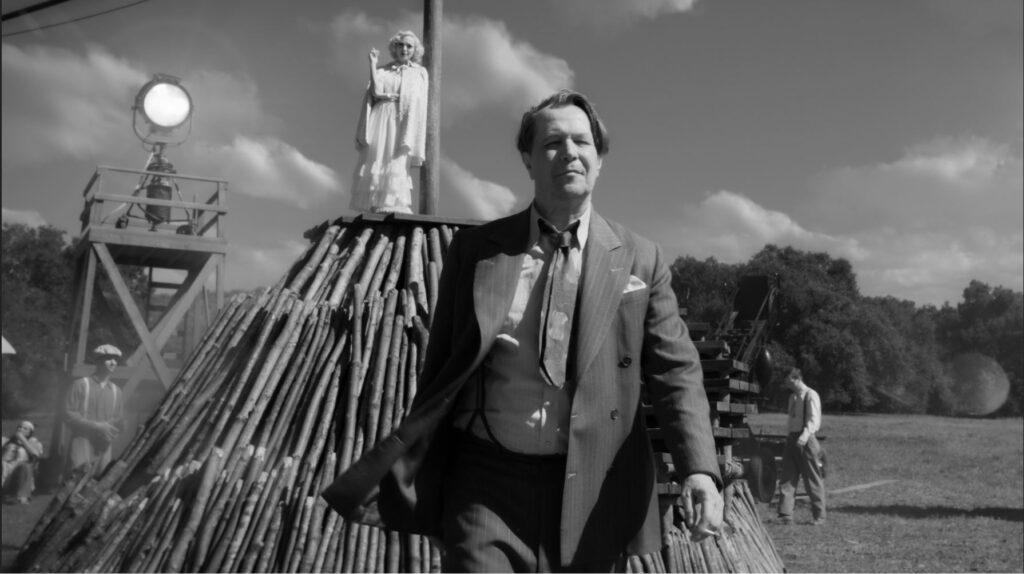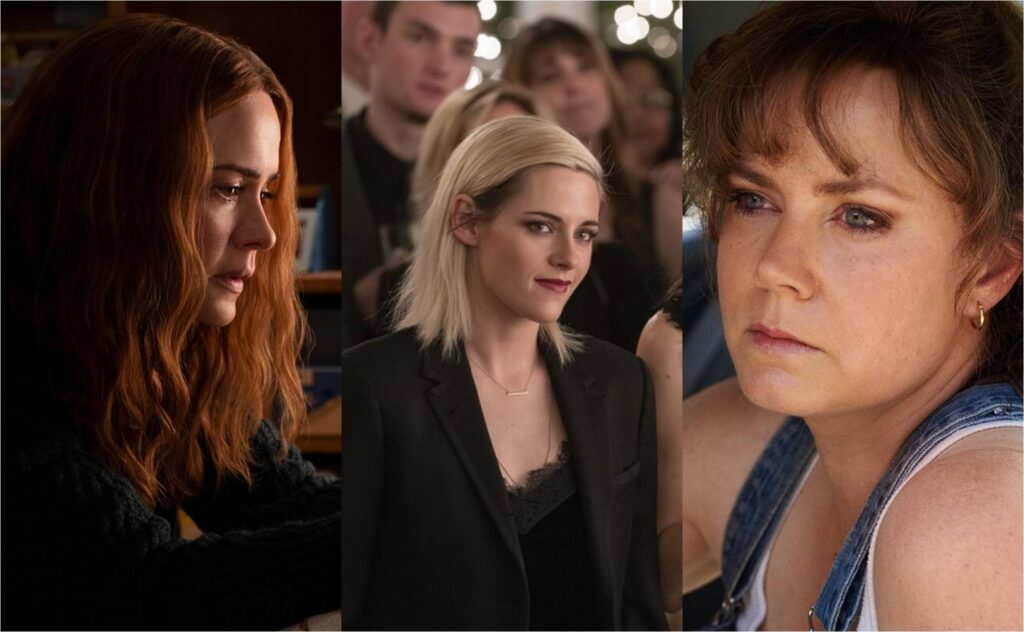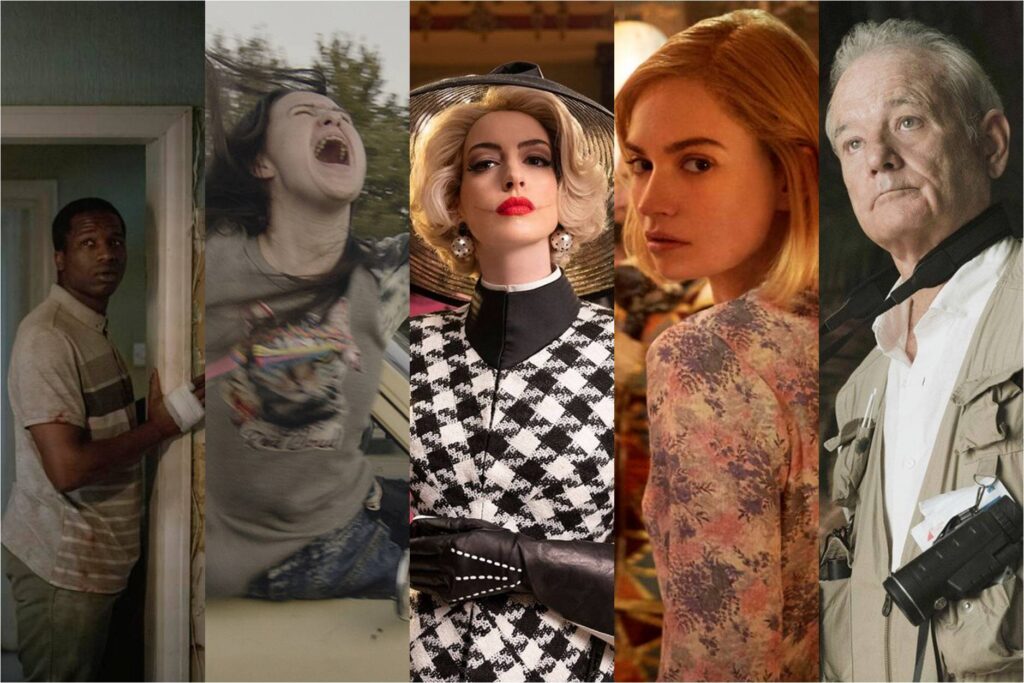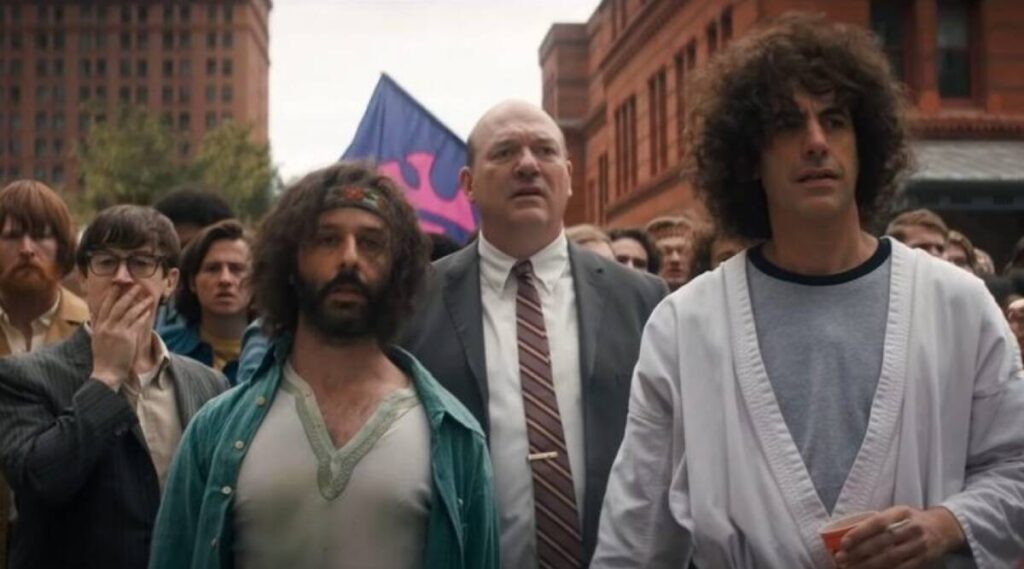Soul: It’s All About Goals. Or Is It?
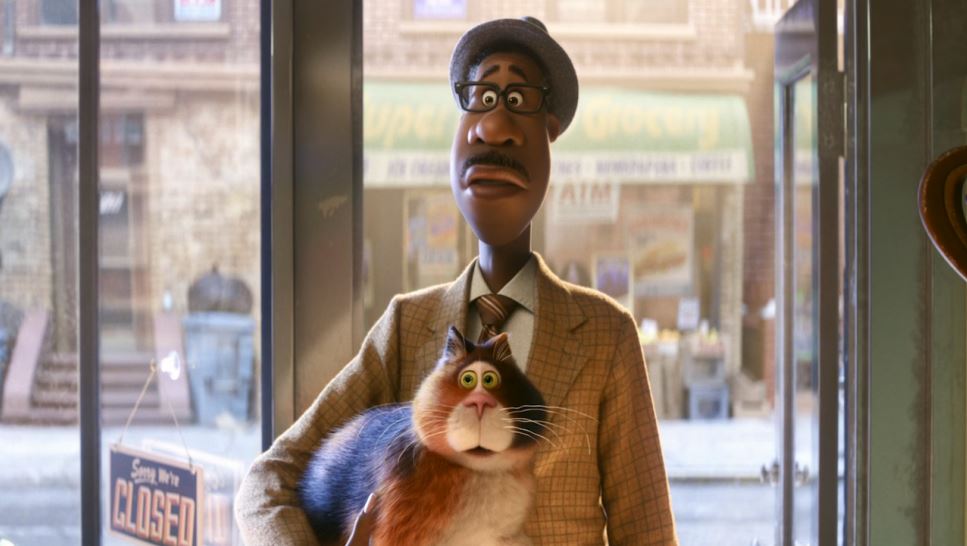
There may not be a venue explicitly called Imagination Land in Pete Docter’s latest feature, but there’s still plenty of innovation and ingenuity. Soul, the new movie from the Pixar standout, is another triumph, an inspired mix of vibrant animation, rich storytelling, and powerful themes. It asks big, probing questions—about life and death, art and commerce, work and pleasure—while also making generous room for ticking-clock suspense and broad comedy. This is a sweeping metaphysical adventure tale, complete with fart jokes.
The signature achievement of Soul is its conception of the Great Before, a vast supernatural laboratory of sorts where human personalities are forged before birth. Advancements in technology have allowed animators to pack the frame with infinite minutiae, but Docter’s approach here is spare and restrained. The realm he’s conceived is gently pastoral, a luminous land of rolling hills, peaceful meadows, and placid lakes. The blue-and-purple color scheme is similarly serene, smoothly shifting between various hues of turquoise and lavender. And the world’s essential openness—its sense of being permanently incomplete—feels not like a failure of vision, but like a gift from creator to viewer. Some fictional environments are overwhelming in their detail. Docter lets you fill in the blanks. Read More

